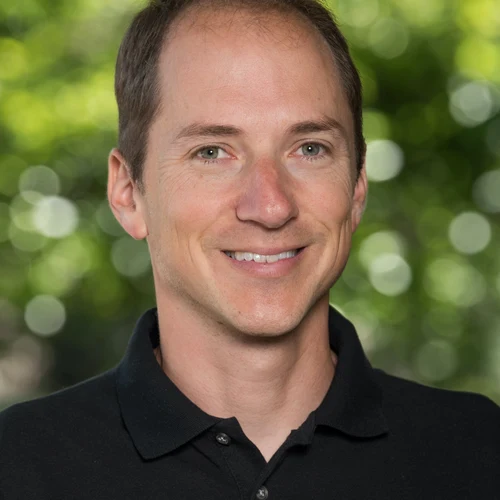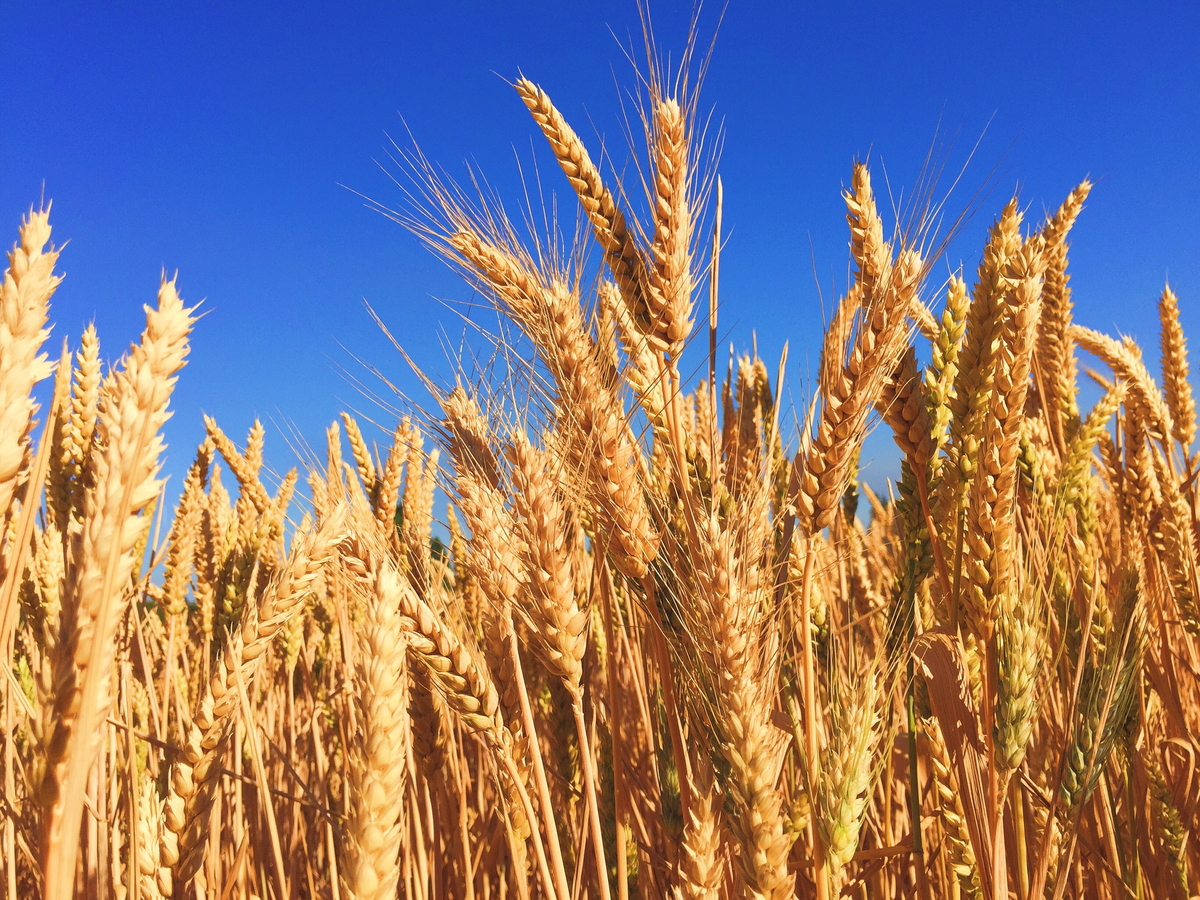Overview:
There is widespread interest in both adapting agriculture to a new climate and simultaneously reducing the contribution of agriculture to greenhouse gas emissions. Many practices have been promoted as possible solutions to this challenge of so-called climate smart agriculture. If history is any guide, most of the things being proposed won’t work, except for a very small fraction of farmers. Learning quickly about what does and doesn’t work for climate-smart goals is a major need going forward. I will present recent work toward this goal, which leverages two areas of rapid progress – satellite observations and causal inference methods. Time permitting, I will also discuss some new opportunities for improving measures of agricultural systems.

Bio
David Lobell is the Benjamin M. Page Professor at Stanford University in the Department of Earth System Science and the Gloria and Richard Kushel Director of the Center on Food Security and the Environment. He is also the William Wrigley Senior Fellow at the Stanford Woods Institute for the Environment, and a senior fellow at the Freeman Spogli Institute for International Studies (FSI) and the Stanford Institute for Economic Policy and Research (SIEPR). His research focuses on agriculture and food security, specifically on generating and using unique datasets to study rural areas throughout the world. He has been recognized with the Macelwane Medal from the American Geophysical Union (2010), a Macarthur Fellowship (2013), a McMaster Fellowship from CSIRO (2014), and the National Academy of Science Prize in Food and Agriculture Sciences (2022). He also served in the Intergovernmental Panel on Climate Change (IPCC) Fifth Assessment Report as lead author for the food chapter and core writing team member for the Summary for Policymakers.
Prior to his Stanford appointment, Dr. Lobell was a Lawrence Post-doctoral Fellow at Lawrence Livermore National Laboratory from 2005-2007. He received a PhD in Geological and Environmental Sciences from Stanford University in 2005 and a Sc.B. in Applied Mathematics, Magna Cum Laude from Brown University in 2000.
